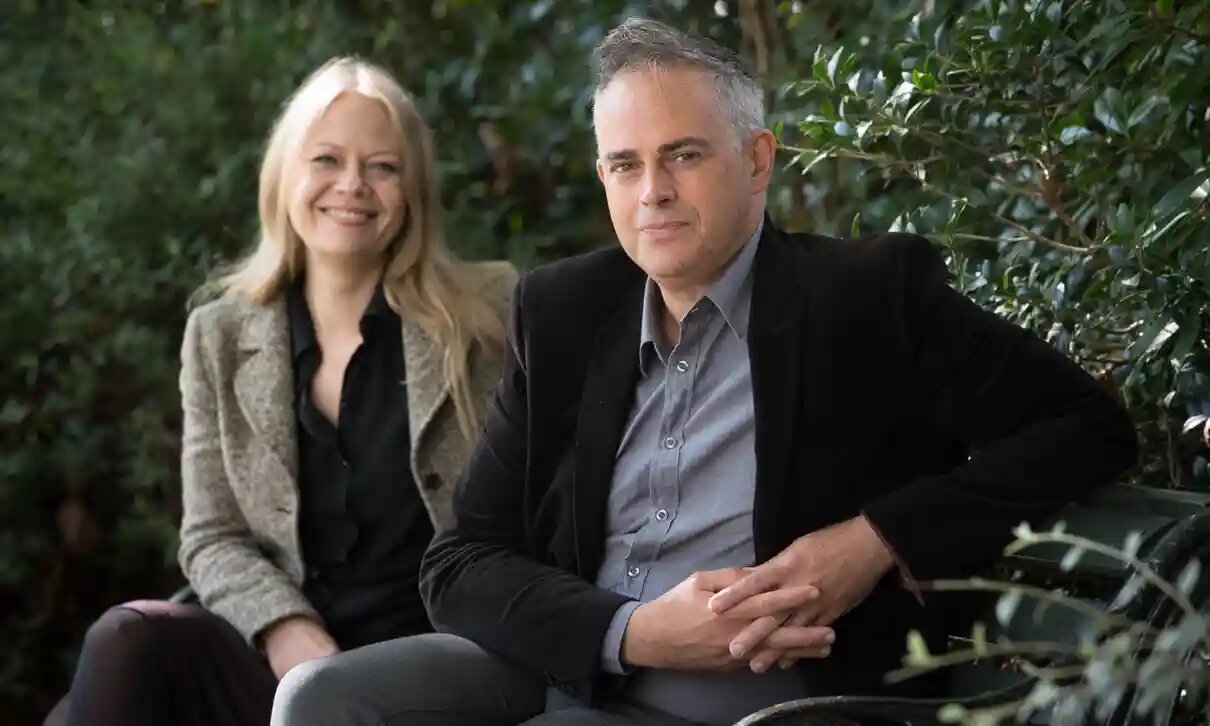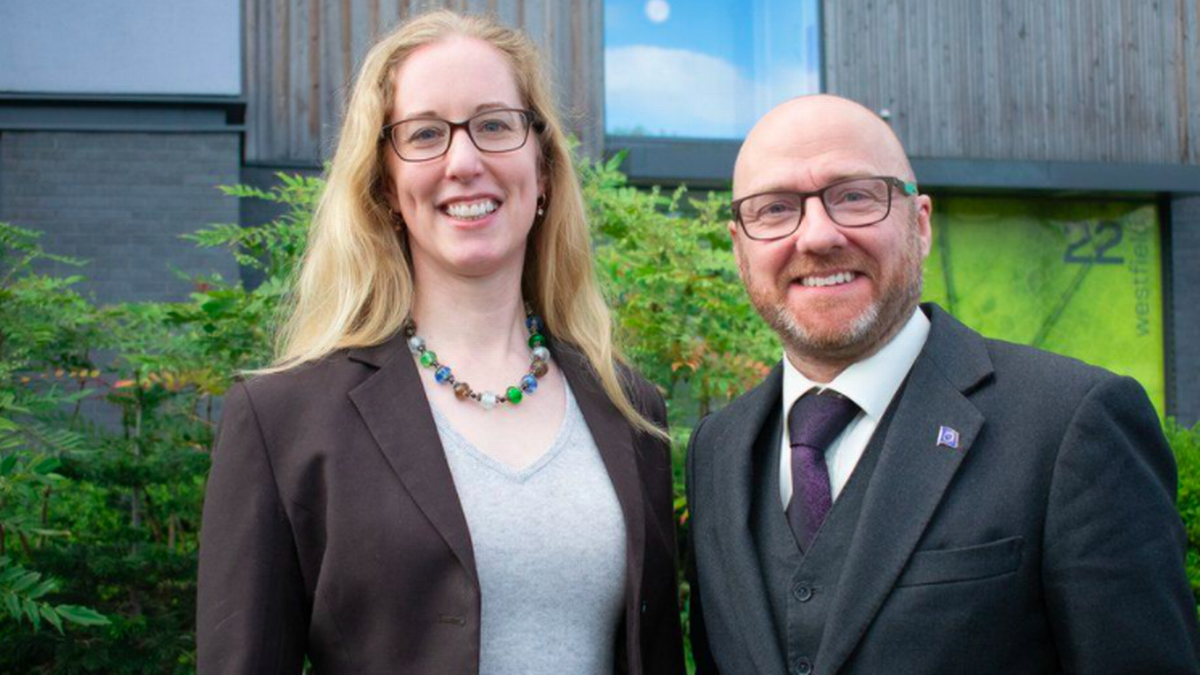Influencing national government in Scotland, half the council in Bristol, and raised percentages everywhere. Greens had a good 2021 UK local elections
See our coming Sunday Alternative Editorial for an overview, from an Alternative UK perspective, on the May 9th slew of local, regional, city-mayoral, and devolved-national elections. We will be trying to see and hear beneath the battle of the major political parties, and identify some deeper longings and aspirations among the islands’ voters.
Something worth noting very early in the results is that there has undoubtedly been a surge in support for Green-identifying parties - not just in terms of overall votes, but also some concrete results in terms of seats and governance. In terms of our stark realism here about the deadlines of climate catastrophe, we’re generally pleased about this - if it pushes the windows of official political discourse in a planet-conscious direction.
The most notable advance comes from the Scottish Greens, who increased their MSP seats by two (from 6 to 8) in the Scottish Parliament elections. They find themselves once more in a position to exercise crucial influence over national policy there, as the SNP fell short of an overall majority of seats (as the Holyrood settlement was designed to do).
Most of the coverage has focussed on the fact that the Greens plus the SNP make up a majority (and mandate) for another Scottish independence referendum, in which both would campaign for Yes/Leave. But it should also be noted that the Greens are also in prime position to shape the Scottish government’s response to the COP 26 intergovernmental climate conference in Glasgow, taking place in November this year. (Each annual Scottish budget is usually the occasion for trading between the SNPgov and the Scottish Greens).
Their manifesto is quite a comprehensive and expansive list, befitting the history of a party who have already cut their teeth supporting votes with an SNPGov over the 2016-2021 session. Yet no sign that this proximity to government is pulling their policies to the centre, as we can see with the German Greens now seriously contending for the German Chancellory.
The other significant electoral advance for Greens elsewhere was in Bristol, where the party doubled their seats on the city council, drawing equal with Labour. The incumbent Labour Mayor Marvin Rees was elected on a second tally of his votes, pulling ahead of his Green challenger Sandy Hore-Ruthven. As the Guardian reported:
Bartley said: “Who does Labour represent any more? Who do the Conservative party represent any more? Neither of those two parties have a vision for the future. We want re-localised economies where people can work from home, we don’t want to shift hundreds of thousands of people a day on the daily commute.”
The party’s other co-leader, Siân Berry, finished a distant third as a candidate in the London mayoral election, but once again increased her vote share. The party was also pleased to win 12% of the capital-wide vote for the London Assembly.
Although their overall elected representation remains small, by Sunday evening the Greens had gained 82 councillors in England, giving them new representation in traditionally Labour-voting urban areas such as Sheffield as well as on rural Tory-dominated councils such as Suffolk.
We picked up some stories about these new Green councillors, for example in Oswestry Town Council, where the Green party took control of the town council, with 12 seats out of 18.
What does this mean for the Alternative UK take on super-empowered cosmo-localities, creating their own cultures of common purpose, connecting these to global networks and commons. The BBC’s Chris Mason has an interesting expert quote in his post:
Professor Matthew Goodwin, of the University of Kent, takes the argument [about the reasons for Green advance] further in The Sunday Times.
"The quietly impressive performance by the Greens this week is a big hint that we may well be heading in the same direction as our European neighbours, such as Germany, where cosmopolitan parties are eclipsing the old centre-left."
He adds: "Fast forward 10 years and I'd not be surprised to see the Greens or the Lib Dems as a much bigger force, rallying zoomer graduates, middle-class professionals and city-dwellers in the face of a Labour Party that looks bewildered and lost."
And on that point, a final alert. It’s absolutely vital, but really difficult, to achieve the kind of post-consumerist revolution in lifestyles that’s needed, in order to address global warming produced by excessive production (and waste) of goods. It can’t just be invoked by parties that rally “zoomer graduates, middle-class professionals and city-dwellers” in some partisan way, setting up a new version of the old tribalism (thus our constant pitch for cosmolocalism).
As we blog elsewhere this week, there are some powerful ideas - around commoning, design, making and community-wealth - that can be dragged out of their research PDFs, and hopefully be of use to aspiring and powerful communities. Who are - as our localism category shows - already eagerly organising themselves.


